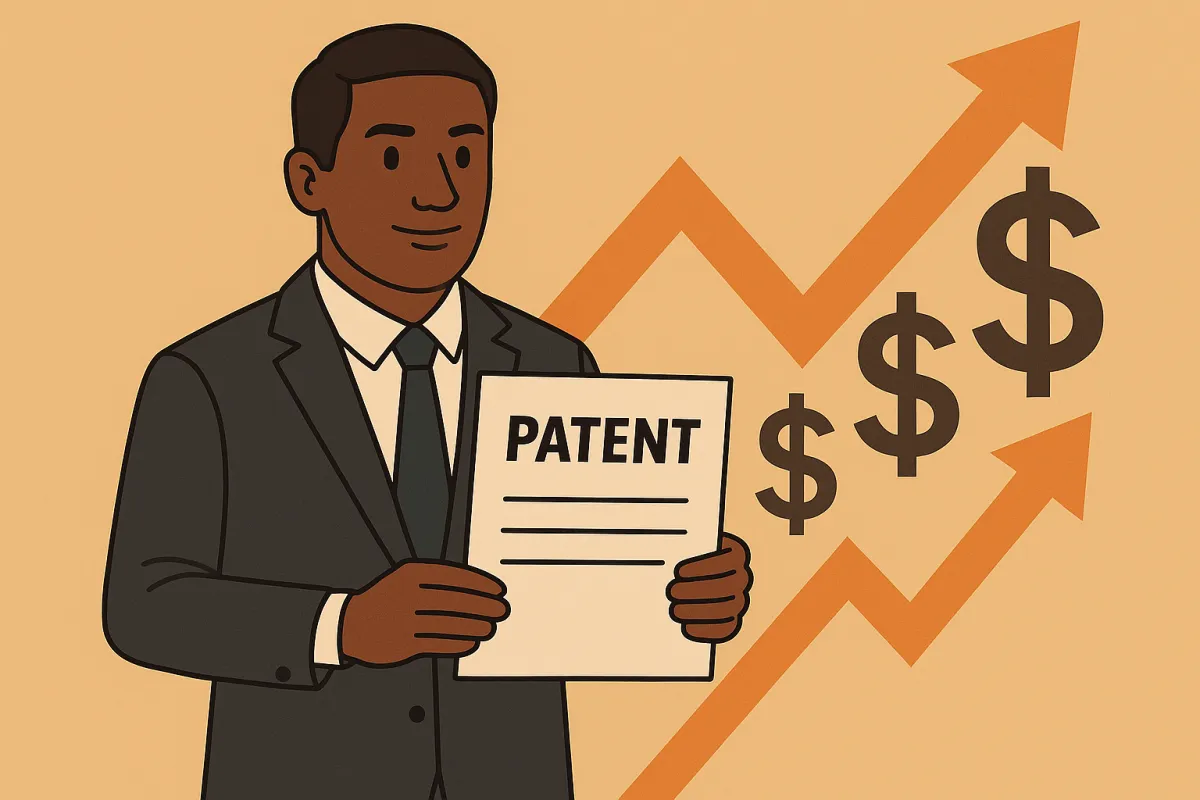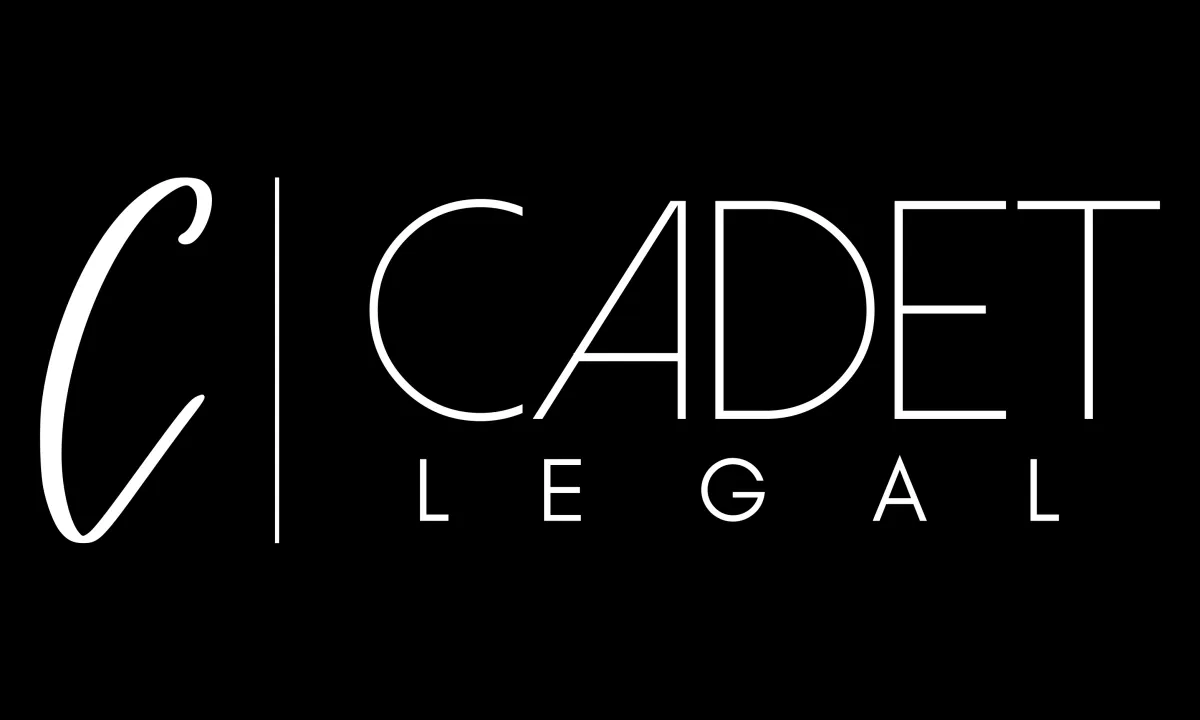
Why Startups Can’t Afford NOT to Consider Patents (Part I)
Startup founders can find the question of where to spend their limited resources overwhelming. A good startup attorney can help by flagging which expenses are legally necessary for a business. A great startup attorney, however, will go a step further and also identify legal expenditures that can actually create commercial value for the business.
Despite the expense involved, protecting intellectual property (IP) can create such value for startups that failing to protect IP could prove a costly mistake in today's market. Continuing the trends we saw in 2024, startups in 2025 face a challenging environment: down rounds, a shortage of traditional exits, and (understandably) skeptical investors.[1] The market is forcing startups to demonstrate real value earlier in their development. While artificial intelligence (AI) startups are garnering greater attention and investment, even claiming your business has an AI component does not guarantee its success. Drawing on his years of patent experience, our trusted colleague, Anu Kinhal, will expound on topic of the patentability of AI specifically in an upcoming article. In this article, we would ask you to consider how, in this market, developing patentable IP doesn’t just tick a legal checkbox or burn limited cash - it can facilitate survival, growth, and long-term value creation.
Why Patentable IP Matters More Than Ever
A. Increases Funding Odds and Valuation
Startups with patents are up to 6.4 times more likely to secure funding than those without, and those combining patents with trademarks see that advantage rise to over 10 times.[2] Patents signal technical capability, defensibility, and a unique market position, all of which boost investor confidence and can lead to higher valuations in otherwise tough fundraising round. Patents not only facilitate equity investment; the use of patents as collateral to secure debt financing deserves its own article. For now, however, we note simply that having a patent increases access to debt capital, as evidenced by the growing number of loans using patents as collateral.[3]
B. Defensibility in a Competitive Market
In a market where capital is scarce and copycats are quick, a strong patent portfolio acts as a moat. VCs want to know what stops a better-funded competitor from replicating your innovation. Patent protection helps answer that question, making your startup a safer bet.
C. Exit Opportunities and Acquisition Appeal
Even as IPO windows have only recently begun to reopen, M&A remains a primary exit path for many startups. Patent-seeking companies account for nearly 79% of VC exit value, underscoring that strong IP directly correlates with better outcomes in both acquisitions and public offerings.[4] Acquirers and public investors alike pay a premium for startups with proprietary technology they can’t get elsewhere. For one of the acquisitions Cadet Legal has already closed in 2025, the buyer would not have taken a chance on the distressed startup target in a competitive industry if that startup did not have viable patents.
What Startups Should Do
A. Build a patent strategy early-align filings with your core value proposition and product roadmap.B.B. Ensure your patents are broad, enforceable, and relevant to your main market and technology. On that note, please stay tuned for our colleague Anu Kinhal’s insights on when AI is patentable based on recent court decisions.C.C. Integrate IP discussions into every fundraising and exit conversation.
Conclusion
In a VC market marked by caution and compressed valuations, patentable IP is one of several levers that founders can use to tilt the odds in their favor. IP protection by definition is a form of business defense. However, registering your IP can also serve as offense - you demonstrate to investors that your startup has something unique, defensible, and valuable for the long haul. Cadet Legal and its colleagues like Kinhal Law, PLLC help founders turn innovation into investable assets. In today’s market, IP isn’t just paperwork – it can be your competitive advantage.
Disclaimer. The contents of this article should not be construed as legal advice or a legal opinion on any specific facts or circumstances. Your viewing and/or use of the contents of this article do not create an attorney-client relationship with Cadet Legal. The contents are intended for general informational purposes only, and you are urged to consult with counsel concerning your situation and specific legal questions you may have.
[1] Startup funding hit records in Q1. But the outlook for 2025 is still awful. https://techcrunch.com/2025/04/16/startup-funding-hit-records-in-q1-but-the-outlook-for-2025-is-still-awful/; “Venture Capital's 2025 Resurgence Hopes Fade Amid Market Instability” https://www.businessinsider.com/venture-capital-resurgence-hopes-fade-amid-stock-market-instability-2025-4; Navigating the Downside: The Rise of Down Rounds in 2024 VC ... https://www.nyventurehub.com/2024/06/10/navigating-the-downside-the-rise-of-down-rounds-in-2024-vc-deals/;
[2] Research Confirms Intellectual Property Rights are Crucial for ... https://founderslegal.com/research-confirms-intellectual-property-rights-are-crucial-for-startup-financing-and-exit-success/
[3] https://www.inquartik.com/blog/the-top-20-patent-loan-lenders/
[4] IP as an Investment Magnet - Why VCs Prioritize Companies with ... https://www.jdsupra.com/legalnews/ip-as-an-investment-magnet-why-vcs-6835601


